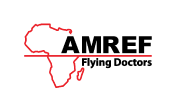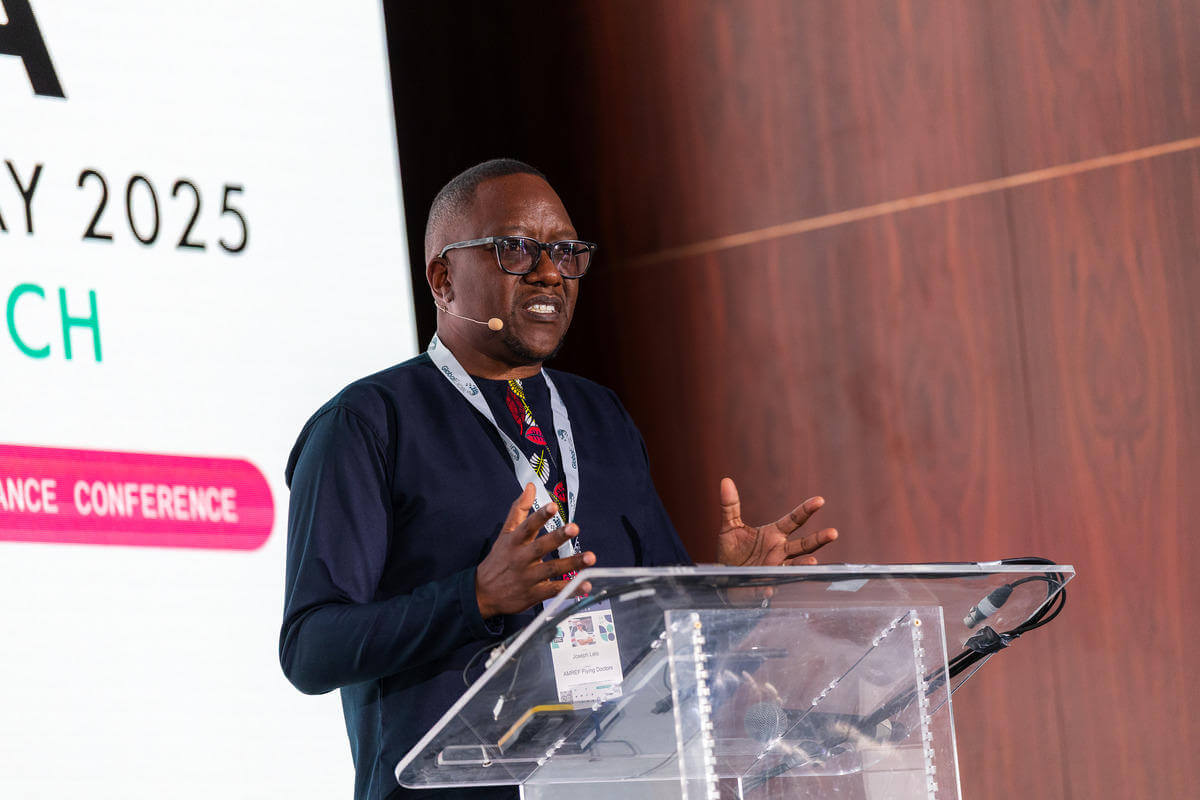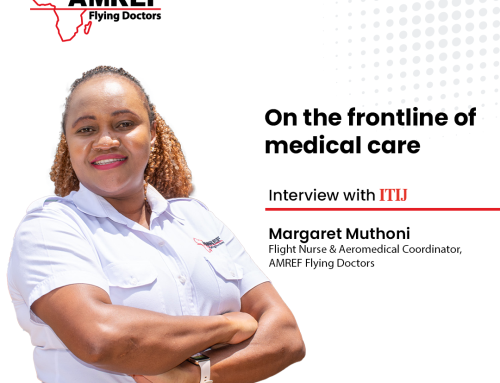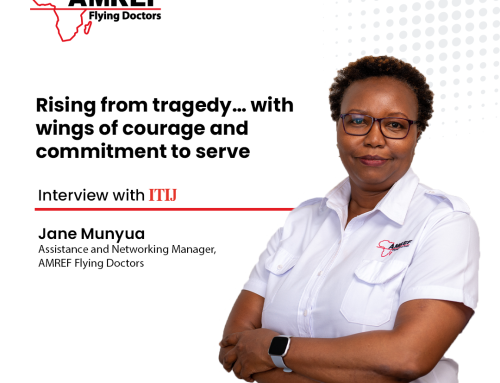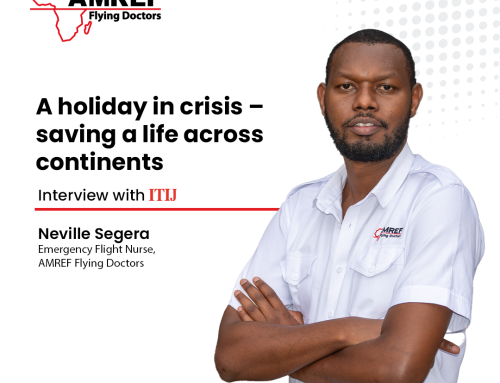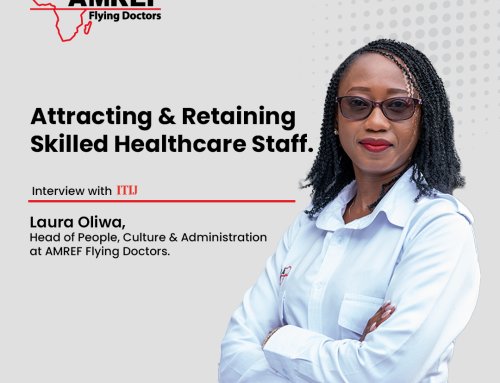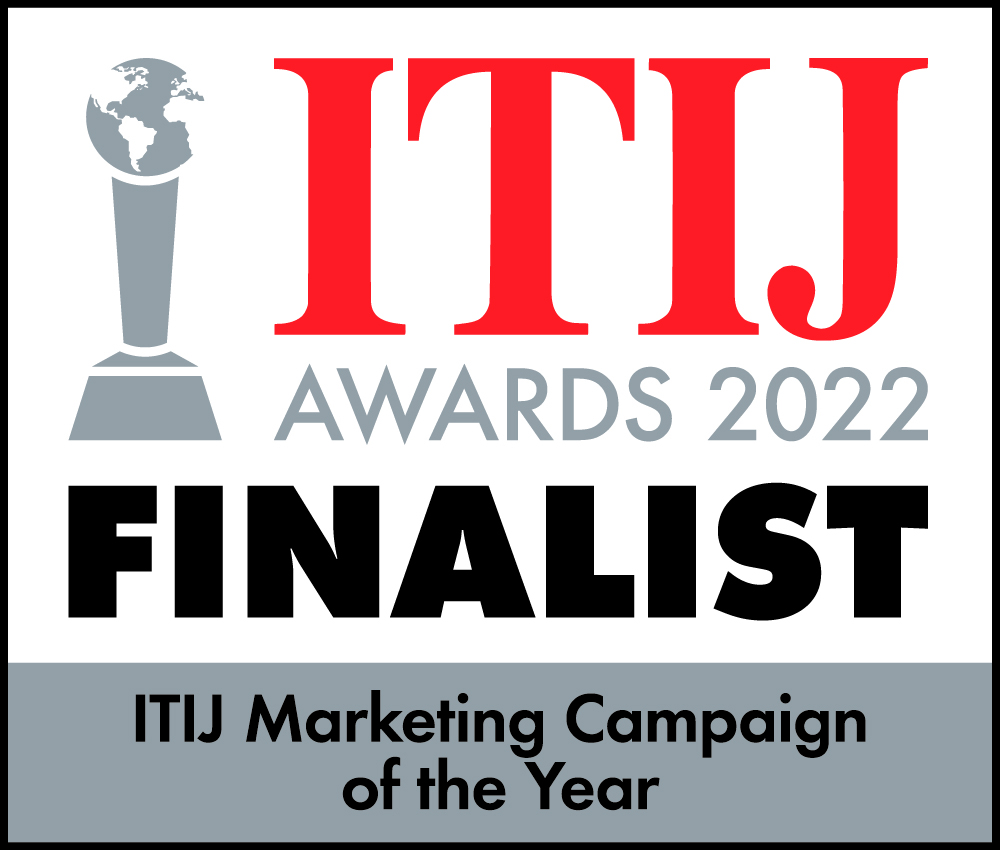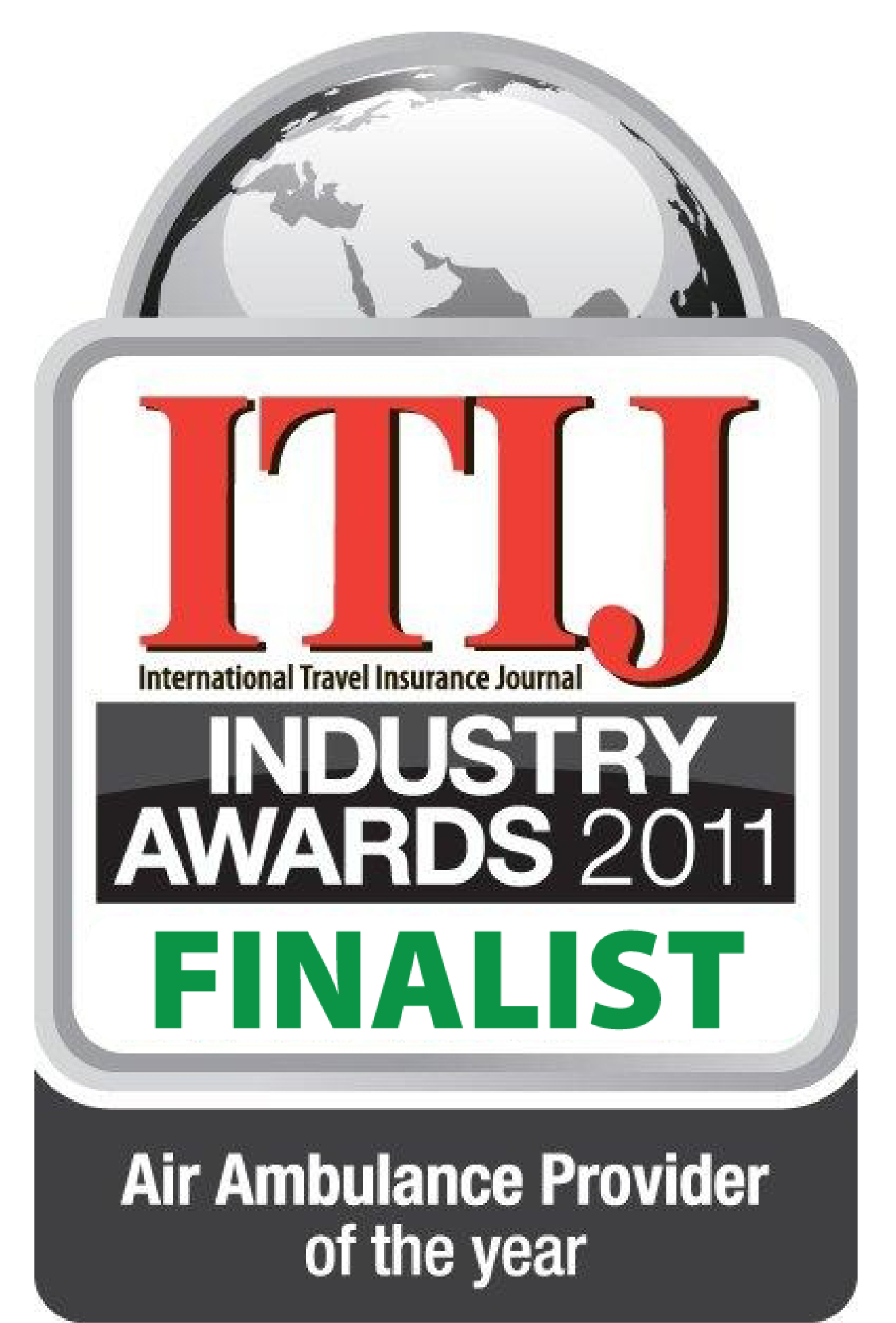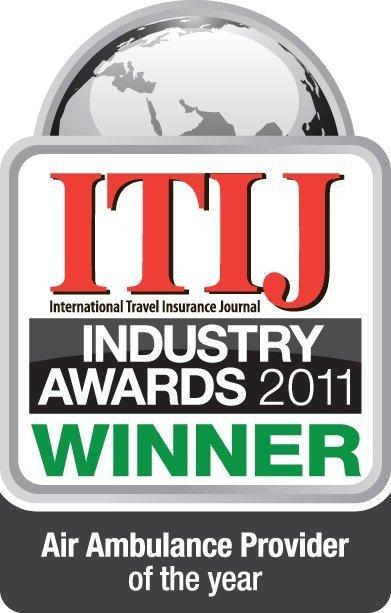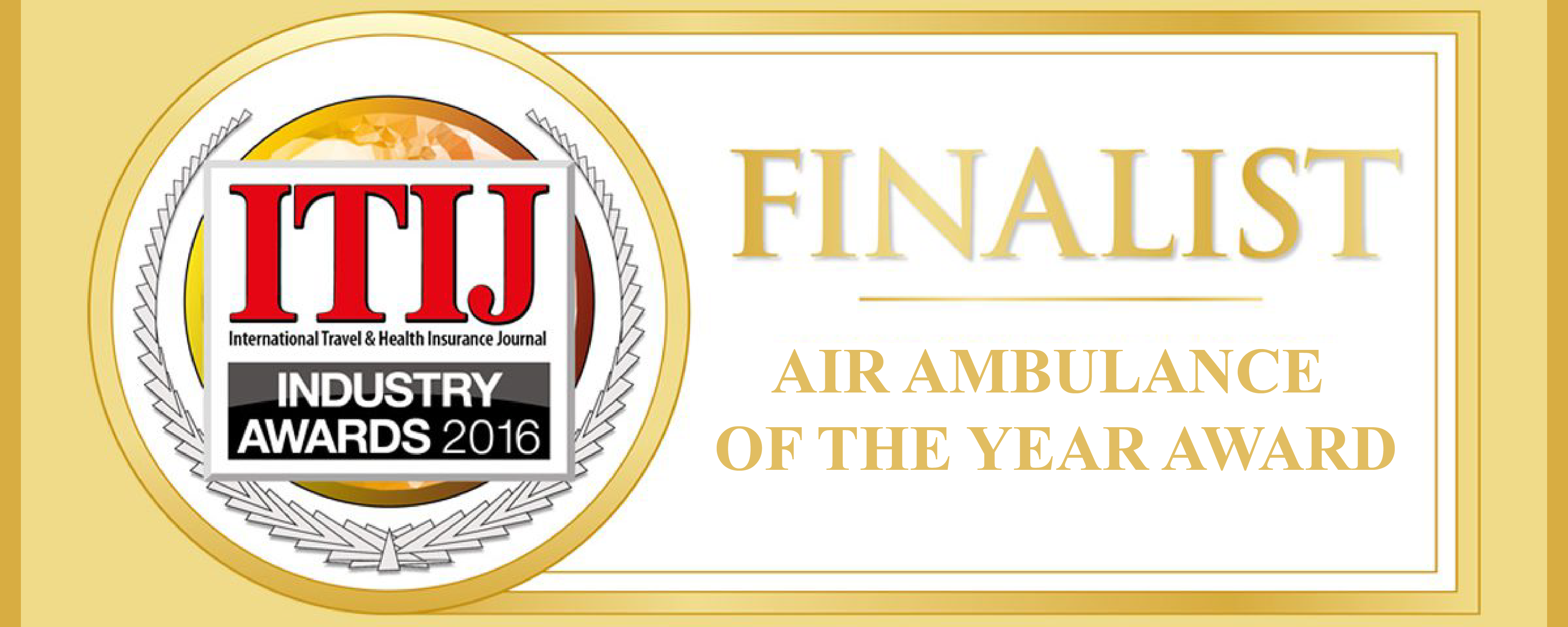In the second session of the day, moderated by Mandy Langfield, Director of Publishing at Voyageur Group, Benoît Rigallaud and Dr Joseph Lelo discussed how understanding the nuances of the MEA market for Western companies is key to integration and success
Benoît Rigallaud, Head of International Mobility Market, IMA Group (France)
Riggallaud started his presentation with a quote from Alvin Toffler (an American writer, futurist and businessman): “The illiterate of the 21st century will not be those who cannot read and write, but those who cannot learn, unlearn, and relearn.” Riggallaud said there must be a cycle of constant adaptation: recognise change, assess experience, adjust strategies, implement changes, and evaluate outcomes.
He said there are three main factors influencing international medical assistance providers: medical care quality (the availability and sophistication of medical facilities), transportation services (the reliability and speed of emergency transportation), and security situations (the stability and safety of the region affecting operations).
Riggallaud continued with a comparative analysis of emergency services in Europe and Africa. He said in Europe there are standardised training programmes for emergency personnel, there is a well-organised efficient emergency service with standardised training and infrastructure, and public funding ensures resource availability. He said that modern infrastructure is lacking in many African regions, adding that diverse and often inconsistent emergency services exist in Africa, and are heavily influenced by local conditions.
Riggallaud suggested a few things international medical assistance companies could implement: adapt and modify services to align with the less organised primary rescue services in Africa; collaborate with local authorities; and understand local systems (which is crucial for effective assistance). He added that drone assistance is becoming vital.
He said there has been a huge evolution of local staff over the past 20 years, which has had an impact on medical assistance companies. International companies were primarily led by expatriates before 2000, but local leaders began to take management roles in 2000. There was a significant increase in local leadership in the 2010s, and now, in 2025, Africans lead Fortune 500 companies in Africa.
Riggallaud said the factors influencing local management by nationals include a diaspora return, educational improvements, cost efficiency (local employment is cheaper than expats), and market adaptability.
He said that to transition from a global to a local assistance model, companies should provide services in the local language, employ local doctors, and use a local network.
Dr Joseph Lelo, Medical Director, AMREF Flying Doctors
Dr Lelo started his presentation by outlining what he thinks Western companies need to know about air ambulance operations in Africa, and said understanding regional challenges and operational context is vital. He added that a knowledge of infrastructure limitations at airports and runways is important and that night operations and adverse weather can pose significant challenges.
Additional challenges include medical facilities that are not up to scratch, and the fact that referral hospitals may be far apart, under-resourced, or have limited ICU capacity.
He said flight permissions, overflight rights, and diplomatic clearances can be time-consuming and vary widely by country: “Some nations require crew and aircraft to have specific local certifications or to partner with a domestic operator.”
He then talked about challenges on the ground and saidmany countries have capable but under-resourced operators, adding that vetting for safety standards, equipment quality, and crew competency is vital.He said the availability of supplies and reliable ground handling can vary even between cities, and that political unrest/conflict can affect flight safety and ground logistics.
Dr Lelo said missions may need contingency plans for alternative landing zones or ground extraction if air retrieval is not possible, and that cultural and communication language barriers can be an issue.
He said personal trust and relationship development are essential, adding: “Western partners should be sensitive to not appearing domineering.”
Dr Lelo said paramedics and doctors may have different training backgrounds, so aligning medical protocols is often necessary. Diseases require special precautions not always standard in Western practice. He added that satellite phones and radio backups may be essential.
When it comes to data sharing, he said that electronic patient records, GPS tracking, and flight data sharing may require adaptation for low-bandwidth or offline environments, and that prepayment is often required. Insurance claims can be slow or contested.
Dr Lelo talked about the rigorous training AMREF Flying Doctors has for its air ambulance staff, and said that sharing best practices and collaborative learning will improve outcomes for patients.
Effective partnership strategies include a ‘boots-on-ground’ approach, a mutual understanding and respect for local contexts, and having partnerships in the air ambulance sector, Dr Lelo said.
He then talked about trends and projections for air ambulance services in Africa: demand for longer medevac flights will increase; demand for short/regional flights will reduce; and there is good potential for growth in long-term medevac contracts with governments and oil and gas.
He finished by saying: “Agility in the air ambulance industry in a highly regulated and costly playing field is necessary. It is survival of the fittest!”
